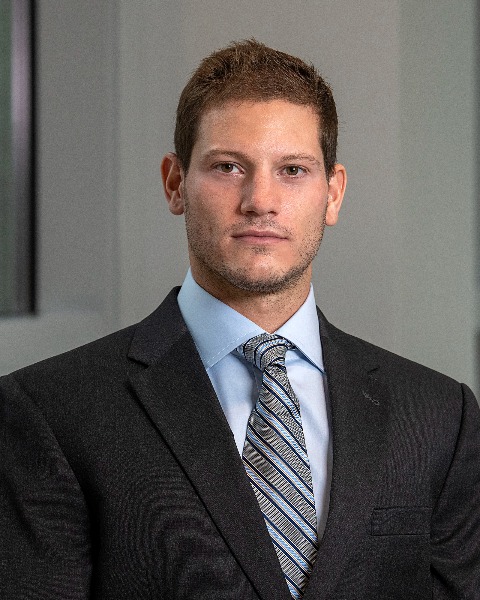Cerebrovascular Rapid Fire Abstract
Cerebrovascular
Endovascular intervention for carotid blowout syndrome and predictors of recurrence: a retrospective and multicenter cohort study
Sunday, May 5, 2024
4:39 PM - 4:41 PM CT
Location: S405a

Joshua Weinberg, MD
Resident
Ohio State University Medical Center
Columbus, OH, US
Presenting Author(s)
Disclosure(s):
Joshua Weinberg, MD: No financial relationships to disclose
Introduction: Carotid blowout syndrome (CBS) is a potentially life-threatening complication of head and neck cancer and associated treatment. In this study, we assess the safety and efficacy of deconstructive and reconstructive procedures with a focus on CBS recurrence.
Methods: We conducted a multicenter retrospective analysis of a prospectively maintained neurovascular database and identified 80 consecutive neurointerventions for CBS from 2016-2020. Patients were divided into 2 groups: deconstructive (68 patients) and reconstructive (12 patients). A comparative analysis was performed between the two groups.
Results: The CBS recurrence rate was 23.8% with 84.2% of recurrences occurring within 90 days of the primary event. The median time to rebleeding was 8.0 days (IQR: 2.0 – 28.5) with a mortality rate of 26.3%. CBS recurrence was significantly higher in the reconstructive group (58.3% vs. 17.6%, p=0.002). On multivariate analysis, reconstructive stenting independently predicted rebleeding (adjusted hazard ratio 8.31, 95% CI: 2.34-29.59, p=0.001). There was no significant association between CBS recurrence and pre-operative (p=0.600) or post-operative (p=0.275) anticoagulant/antiplatelet use.
Conclusion : CBS remains a challenging and potentially catastrophic complication of head and neck cancers. Reconstructive procedures, including stenting, predicted CBS recurrence independent of bleeding site or tumor invasion. Postoperative surveillance based on time intervals to CBS recurrence and engineering advancements including improved vessel reconstruction devices have the potential to reduce the rehemorrhage rates and improve patient outcomes. Further clinical investigations amongst larger cohorts are needed.
Methods: We conducted a multicenter retrospective analysis of a prospectively maintained neurovascular database and identified 80 consecutive neurointerventions for CBS from 2016-2020. Patients were divided into 2 groups: deconstructive (68 patients) and reconstructive (12 patients). A comparative analysis was performed between the two groups.
Results: The CBS recurrence rate was 23.8% with 84.2% of recurrences occurring within 90 days of the primary event. The median time to rebleeding was 8.0 days (IQR: 2.0 – 28.5) with a mortality rate of 26.3%. CBS recurrence was significantly higher in the reconstructive group (58.3% vs. 17.6%, p=0.002). On multivariate analysis, reconstructive stenting independently predicted rebleeding (adjusted hazard ratio 8.31, 95% CI: 2.34-29.59, p=0.001). There was no significant association between CBS recurrence and pre-operative (p=0.600) or post-operative (p=0.275) anticoagulant/antiplatelet use.
Conclusion : CBS remains a challenging and potentially catastrophic complication of head and neck cancers. Reconstructive procedures, including stenting, predicted CBS recurrence independent of bleeding site or tumor invasion. Postoperative surveillance based on time intervals to CBS recurrence and engineering advancements including improved vessel reconstruction devices have the potential to reduce the rehemorrhage rates and improve patient outcomes. Further clinical investigations amongst larger cohorts are needed.
